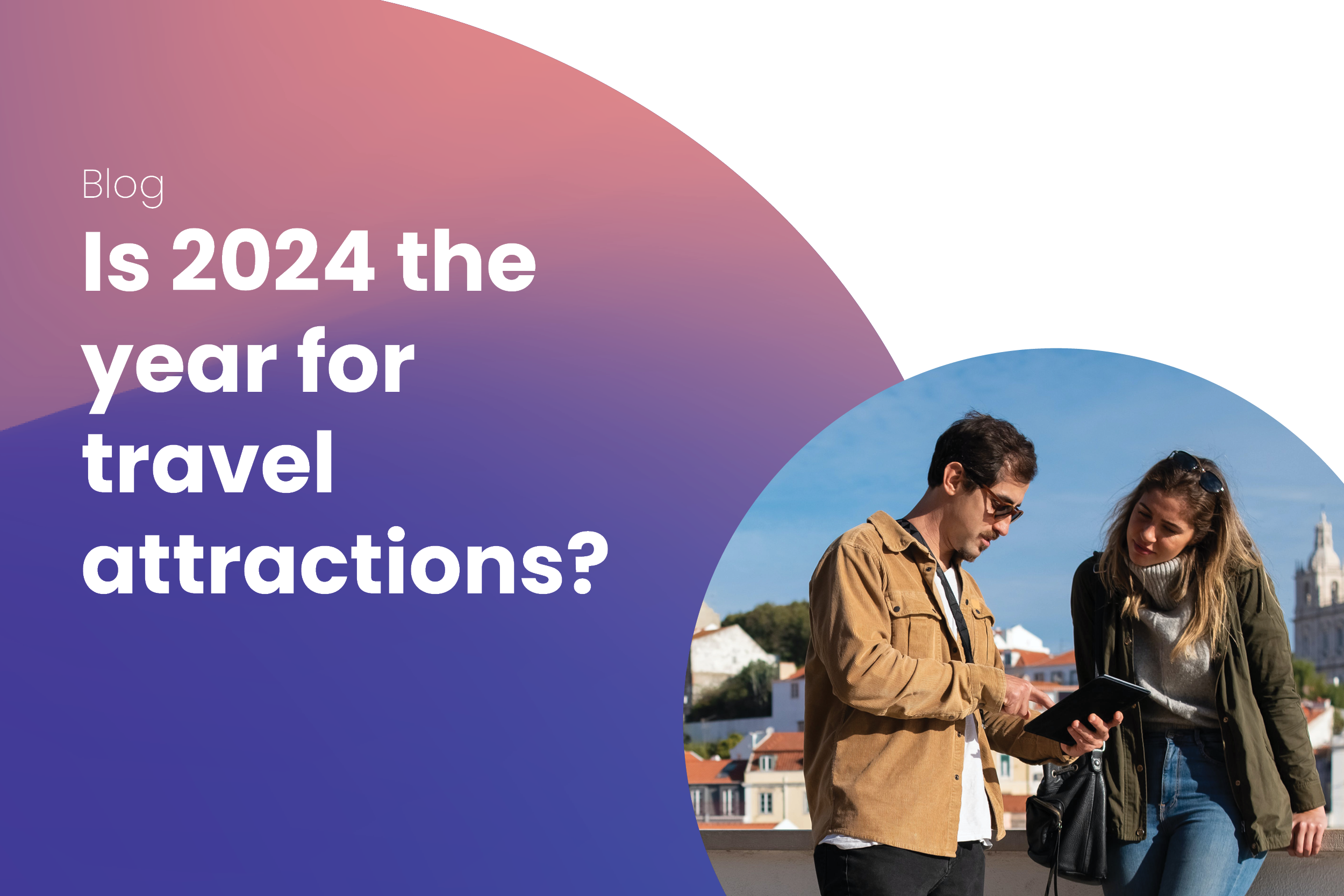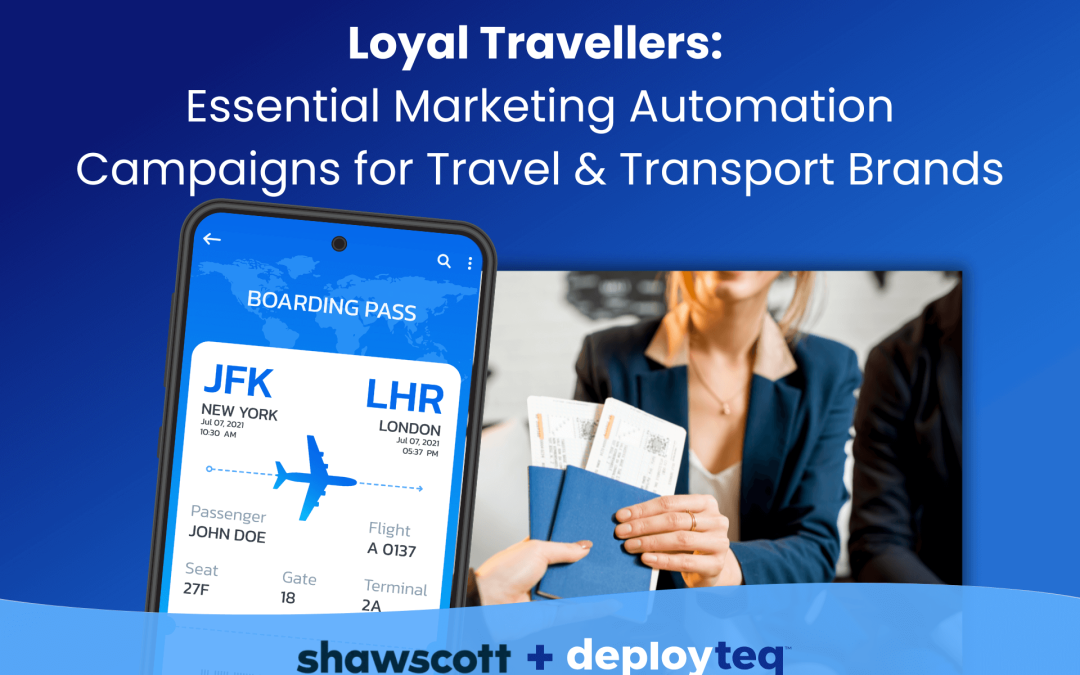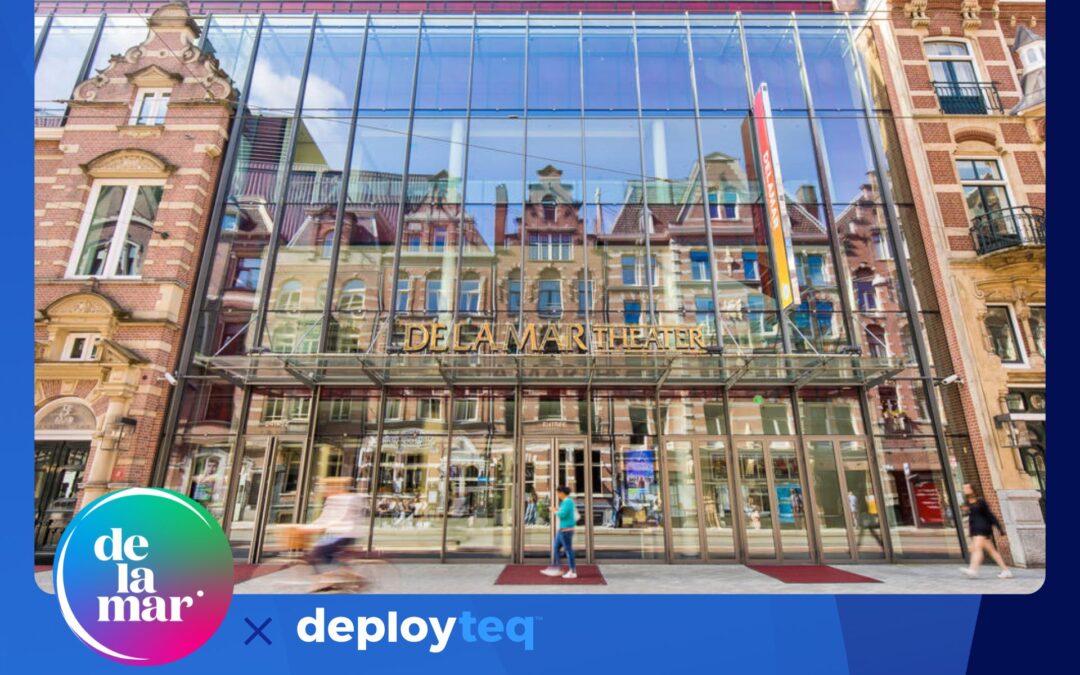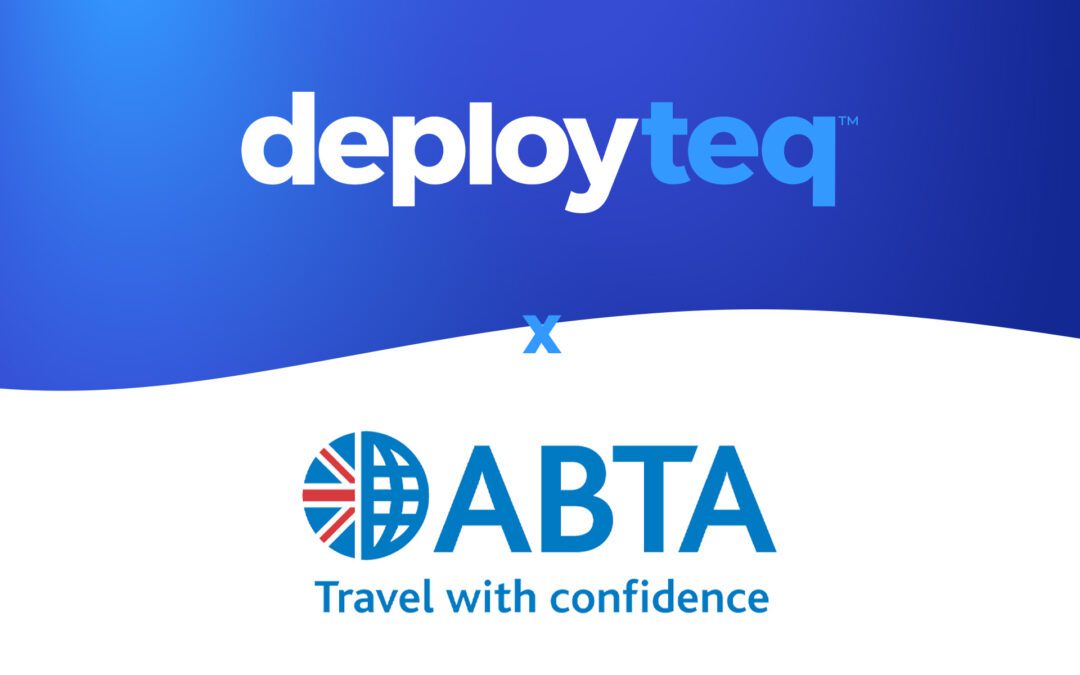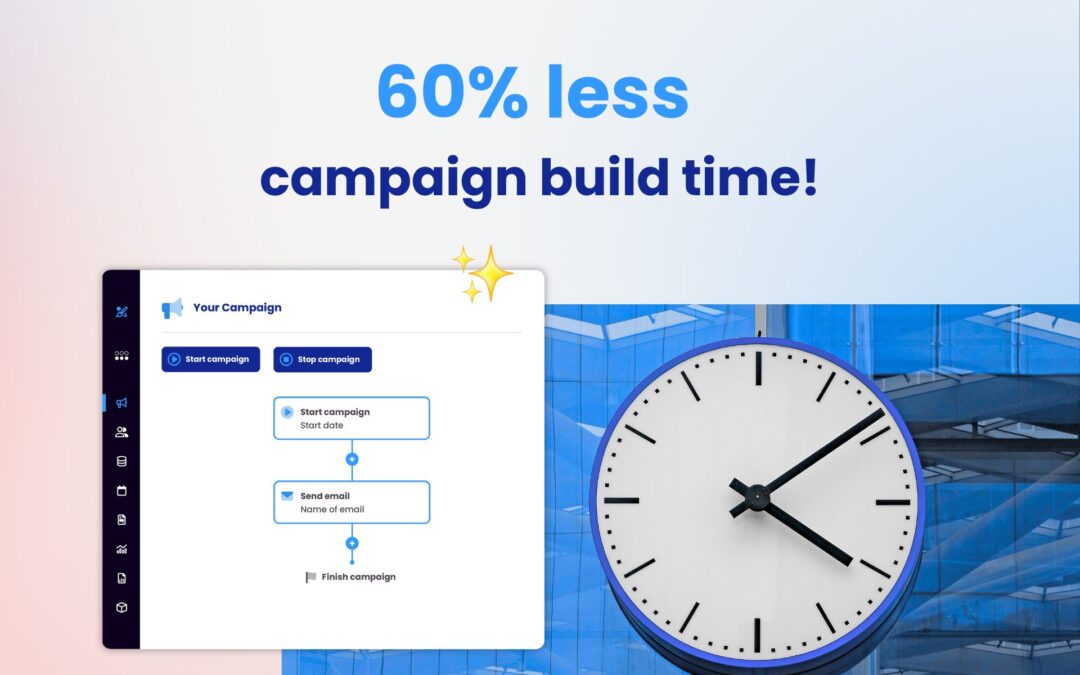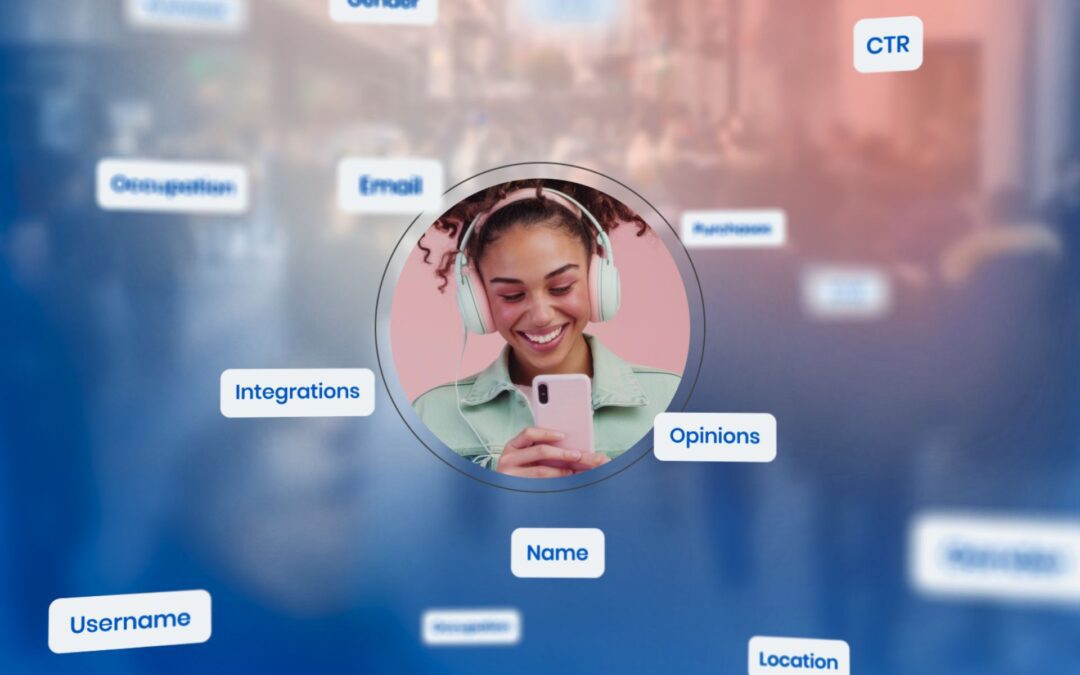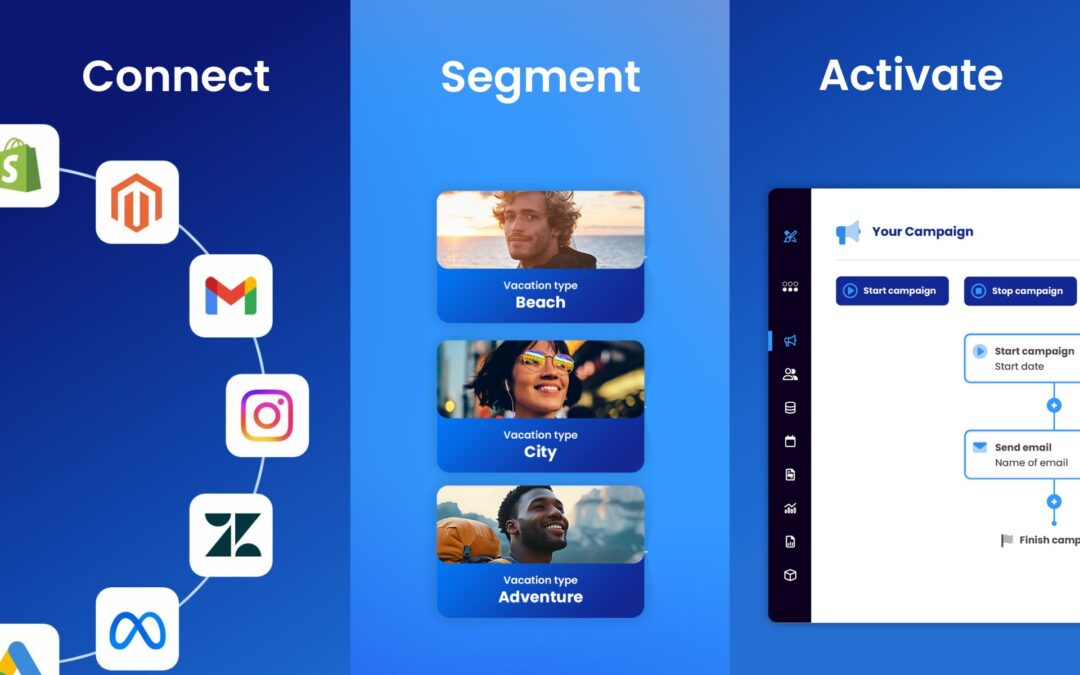The travel industry is anticipating a significant upsurge in 2024, with expectations of a robust increase in both leisure and business travel. Industry insiders forecast various travel trends, indicating a diverse and dynamic growth in tourism, and an IATA survey predicts an air travel boom, with 200 million more passengers than in 2019, largely driven by changing travel habits.
The global travel industry is set to witness new trends and demands, adapting to the evolving preferences of travellers. Global spending on business travel is projected to reach $1.5 trillion, surpassing pre-pandemic levels for the first time.
So what does this mean for travel attractions marketers and how can they prepare for the upcoming year? Let’s take a look…
Understanding 2024 travel trends
The travel trends for 2024 are shaping up to be a reflection of evolving traveller preferences and the dynamic nature of the global tourism industry.
One of the key trends is the increasing demand for experiences that are not only immersive but also sustainable. Travellers are showing a growing interest in destinations and activities that offer deep cultural immersion and opportunities for personal growth. This trend is driven by a desire for more meaningful and transformative travel experiences that extend beyond traditional sightseeing. The emphasis is on creating memories and gaining new perspectives that last well beyond the trip itself. Additionally, there is a noticeable shift towards eco-friendly and sustainable travel options, as environmental awareness and responsible tourism gain traction among travellers.
Another significant trend in 2024 is the integration of technology in travel, enhancing the overall experience from planning to execution. Advanced technologies like AI and VR are increasingly utilised for personalised trip planning and virtual tours, offering a glimpse of destinations before actual visits. This tech integration also extends to on-trip experiences, with apps and platforms providing real-time information and tailored recommendations.
There are also ‘workations’, where travellers blend work and vacation, facilitated by the global shift towards remote working. This trend is changing the landscape of travel, with longer stays and the need for accommodations equipped with work-friendly amenities. However, it is debatable whether this trend will continue through 2024 and beyond as more companies push for a return to office.
Overall, the travel trends of 2024 are characterised by a blend of technological advancement, sustainability, and a deeper quest for meaningful experiences.
The impact of the trends on travel and attractions
The increasing demand for immersive and sustainable experiences means that destinations and attractions will need to adapt by offering more culturally rich and environmentally responsible options. This could lead to the development of more community-based tourism projects, conservation-focused activities, and experiences that promote local culture and heritage. Attractions may also need to implement sustainable practices in their operations to meet the growing environmental consciousness of travellers.
The integration of technology in travel, particularly the use of AI and VR for trip planning and virtual tours, will likely lead to a more personalised and efficient travel experience. Attractions and destinations will need to embrace these technologies to offer enhanced visitor experiences, such as virtual previews of sites or interactive, tech-driven tours.
If the trend of ‘workations’ continues, it will also influence the industry, as there will be a demand for travel destinations and accommodations that cater to both leisure and work needs. This could lead to the creation of spaces within hotels and resorts that are conducive to working, and the promotion of longer stays with facilities that support remote working.
Overall, these trends will drive the travel and attractions industry towards more sustainable, technologically integrated, and flexible offerings to meet the evolving preferences of travellers.
The role of technology in travel marketing
In 2024, technology will continue to play a large role in revolutionising travel marketing, with virtual reality (VR), mobile app integrations, and marketing automation being key components.
Virtual reality offers immersive experiences, allowing potential travellers to virtually explore destinations and experiences before booking, thus enhancing engagement and interest.
Mobile app integrations are crucial for providing seamless user experiences, where apps interface with various services and platforms, offering personalised recommendations, bookings, and real-time information to users.
Marketing automation streamlines marketing efforts, handling routine tasks like email campaigns and customer segmentation, thereby allowing marketers to focus on more strategic and creative aspects. This automation leads to more efficient and targeted marketing strategies, enhancing the overall effectiveness of travel marketing campaigns.
Sustainable tourism and its marketing
In 2024, sustainable tourism will become a central focus in the travel industry, emphasising eco-friendly practices and community-based tourism. This approach to tourism prioritises environmental conservation, the well-being of local communities, and the promotion of responsible travel behaviours. Marketing strategies for sustainable tourism heavily feature green accommodations and activities that support local conservation efforts and community engagement. The emphasis is on creating travel experiences that are not only enjoyable but also ethically and environmentally conscious. This shift is reflected in the growing market value of sustainable tourism, with an increasing number of operators promoting eco-friendly practices and educating travellers about the importance of preserving natural resources and supporting local cultures.
Influencer and content marketing
In 2024, influencer and content marketing have evolved to become integral components of digital marketing strategies, particularly in the travel industry. Collaborating with travel influencers is a key trend, where brands partner with influencers who have a strong and engaged audience to share high-quality, engaging content about their travel experiences. These influencers, often chosen for their authenticity and niche appeal, help brands reach specific target audiences more effectively. The content created is not just limited to the influencer’s platforms; it is repurposed across the brand’s social media channels, websites, and other marketing mediums, maximising reach and engagement. This approach blends the traditional concept of celebrity endorsement with modern content creation, focusing on creating genuine, relatable, and visually appealing narratives that resonate with the audience, thereby driving brand awareness and customer engagement.
Measuring success and ROI
In 2024, the travel and attractions industry utilises a variety of tools to track the success of marketing campaigns. Digital marketing metrics and Key Performance Indicators (KPIs) are essential for assessing the effectiveness of these campaigns. Tools like social media data analytics platforms are widely used to analyse performance, providing insights into engagement rates, reach, and audience demographics.
Additionally, technologies such as pixels and cookies play a crucial role in tracking online user behaviour, helping marketers understand how visitors interact with their websites and ads. These tools enable marketers to gather data on click-through rates, conversion rates, and the overall effectiveness of their digital marketing strategies.
Marketers need to be aware of Google’s phasing out of third-party cookies, as per their Privacy Sandbox initiative. This kicked off on January 4th 2024 with 1% of users having third-party cookies disabled in Chrome from then to facilitate testing, and then this will be ramped up to 100% of users from Q3 of 2024. Marketers need to remember that these privacy efforts from Google may heavily impact the work of some marketers, especially those who have relied on third-party data or individual data for pinpointed online audience targeting strategies. However, Google isn’t phasing out all cookies – only third-party ones – and it won’t stop tracking people entirely; so marketers, who will have known about this change in ample time, will have to pivot and adapt to make this change work for them.
The metrics for tracking marketing success in the travel and attractions industry are diverse and tailored to specific campaign goals. Commonly tracked metrics include website traffic, social media engagement, conversion rates, and return on investment (ROI). These metrics provide valuable insights into how well marketing content resonates with the target audience and drives desired actions, such as bookings or inquiries. Marketers also focus on understanding their target market to create more effective and immersive content, which is then measured for its impact on audience engagement and brand awareness. By leveraging these tools and metrics, travel marketers can optimise their campaigns, improve their strategies, and achieve better results in a highly competitive market.
Tips for travel Marketers: How to be prepared for 2024
To prepare for 2024, anticipated as a landmark year in travel, travel marketers should focus on several key strategies:
Strategic Planning
Begin with assessing past performance and setting clear, achievable goals. This involves analysing market trends, understanding the competitive landscape, and identifying growth opportunities.
Know your audiences – understand the data
Utilise data analytics to gain a deeper understanding of your target audience. This includes analysing customer preferences, behaviours, and feedback to tailor marketing strategies effectively.
Take a holistic view of Your tech
Ensure that all your technology platforms are integrated and communicate with each other. This holistic approach to technology management helps in creating a seamless customer experience and efficient marketing operations.
Personalisation is key
Personalise your marketing messages and offerings based on the insights gathered from your audience data. Tailoring experiences to individual preferences is crucial in attracting and retaining customers.
Omnichannel approach
Implement an omnichannel marketing strategy that provides a consistent and unified customer experience across all channels, whether online or offline. This approach ensures that customers receive the same level of service and messaging, regardless of how they interact with your brand.
Creativity
Finally, infuse creativity into your marketing campaigns. Innovative and creative strategies help in differentiating your brand in a crowded market and can lead to higher engagement and conversion rates.
By focusing on these strategies, travel marketers can effectively prepare for the surge in travel demand expected in 2024.
How Deployteq’s marketing automation can help
Marketing automation is set to play a crucial role in preparing travel attractions marketers for a successful 2024, anticipated to be a banner year in travel. By automating key marketing processes, these tools enable marketers to efficiently manage large-scale campaigns, targeting diverse audiences with personalised content. Automation facilitates improved sales alignment and better tracking, measurement, and attribution of marketing efforts, which are essential in understanding and responding to evolving consumer behaviours and preferences. This streamlined approach allows for more effective use of first-party data, enabling marketers to craft campaigns that highlight value and engage potential visitors more effectively.
Furthermore, marketing automation tools in 2024 offer the ability to personalise every touchpoint in a customer’s journey, enhancing the overall customer experience. This personalization is key in the travel industry, where customer preferences and desires are diverse and dynamic. Automation also aids in cultivating deeper customer relationships through consistent and relevant communication, ensuring that marketing messages resonate more strongly with the target audience.
As travel attractions prepare for an influx of travellers in 2024, leveraging marketing automation will be instrumental in optimising marketing strategies, ensuring maximum reach and engagement, and ultimately boosting bookings and visitor numbers.
If you’re looking to let marketing automation take the strain while you focus on what matters during a big year for travel, why not book a demo to see how Deployteq can help.
